Pardoned oil trader George Farrugia has broken his silence with the media in an exclusive interview with The Malta Independent on Sunday.
While he has been confessing his shady deeds on oil procurement with the police, under the conditions of the pardon, he hasn’t yet told his story to the media. In this interview, he reveals how he got his pardon before anyone of those arraigned could strike a deal with the police to get their own pardon.
I met him at the office of his lawyers. He seemed to be in low spirits, not the image of someone reassured by a pardon.
“I am not saying I am a virgin, but what they are doing to me is simply wrong,” says George Farrugia. Asked to react to statements made by Prime Minister Joseph Muscat regarding his pardon, Mr Farrugia vehemently denies that he has breached his pardon conditions, and insists that there are no grounds for it to be revoked.
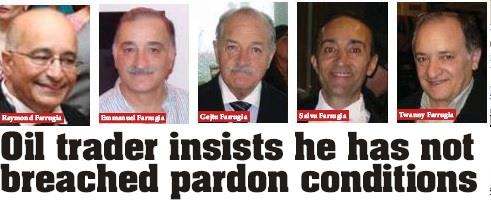
Over the past few weeks, following the publication of email correspondence between him and Godwin Sant, the former Chief Officer Energy Policy at the Malta Resources Authority, there have been calls for the pardon to be revoked. It has been argued that Mr Farrugia did not tell the whole truth during his interrogations, and that he should face the consequence by having the pardon revoked.
Mr Farrugia says he wants to set the record straight. “The pardon covers only the subject of oil procurement. My discussions with Godwin Sant were not related to oil procurement at all.” He argues that the pardon is not time barred – he was not given a specific timeframe to divulge the information. As far as he is concerned, he has neither refrained from telling the truth about the oil procurement scandal nor failed to give information in time.
The fact that the pardon only deals with oil procurement means that Mr Farrugia could possibly be taken to court over unrelated issues but not on the subject of oil, unless the pardon is revoked. He says, however, that he has done nothing else which could put him behind bars.
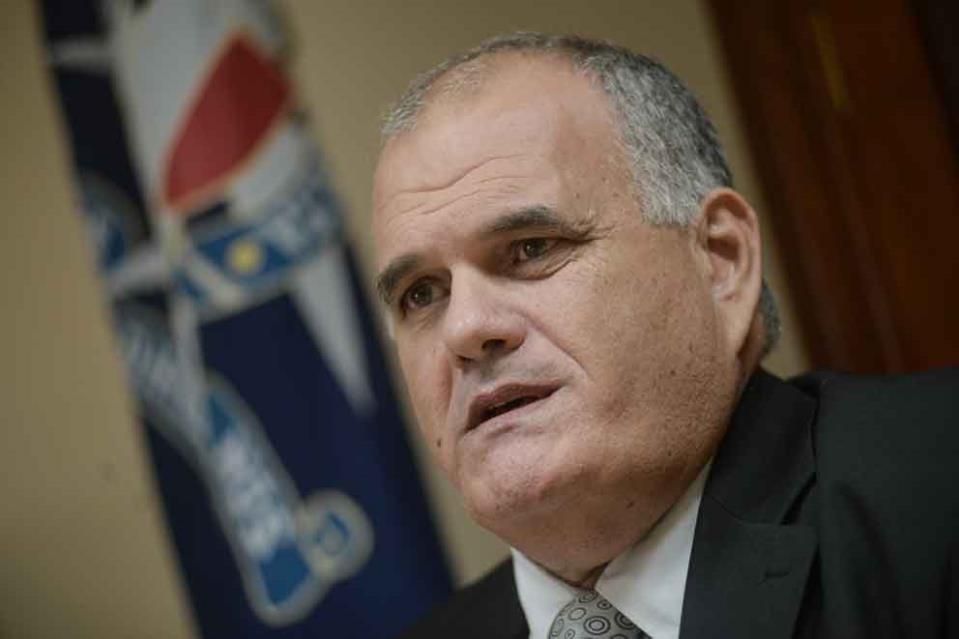
(Michael Cassar, then assistant police commissioner, today police chief)
Reveals how he got the pardon
The oil trader says the decision to grant him the pardon was justified. “When I was arrested in 2013, I told nothing to the police. When my 48 hours were up, Assistant Commissioner Michael Cassar (now Commissioner of Police), accompanied by Inspector Angelo Gafa, told me that Prime Minister Gonzi had mentioned in the media the possibility of granting a pardon to anyone willing to divulge information about the scandal. He asked if I was interested. I had not heard about any pardon before. Remember, I was in the lock-up for two days, without my mobile phone.” Had he not remained silent during those first 48 hours under arrest, he would have never been offered the pardon.
Until that time, the police had only arrested petro chemist Frank Sammut, who had given the police information, but not enough to lead to other arraignments.
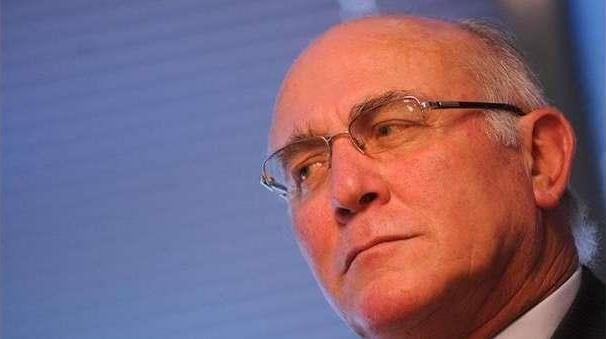
(Tancred Tabone)
‘They needed me to accept the pardon’
Mr Farrugia said he spoke to his lawyers, who decided that the best option was to accept the pardon. “I was in an advantageous position. Firstly, until that point I had not given any information. Secondly, I was the first to accept, before anyone else. The police needed information on the scandal. They were still in the initial stages of the investigation at the time and they did not have much to go by. They needed to give me the pardon.”
Another reason why it was convenient for the police to offer Farrugia the pardon was the fact that the two persons arrested at the time – Frank Sammut and Tancred Tabone – could not testify against each other because they were co-accused in the same proceedings.
A legal source explained that the police had a very weak case until then, even because an initial statement to the police can be retracted later in court. Frank Sammut’s statement against Tancred Tabone, who did not cooperate, could not be used in court.
After a week of discussions, Mr Farrugia’s lawyers, Siegfried Borg Cole and Franco Debono advised their client to accept the pardon. “Not only did I strengthen their (the police) case against Sammut and Tabone, I also gave them information about several others who were involved. There were no emails about these people and the police would have never found out certain things had I not told them.”

(Lawrence Gonzi)
‘Not a favour by Lawrence Gonzi to my wife’
He insists that the government did not grant him a pardon because his wife, Cathy Farrugia, knew then Prime Minister Lawrence Gonzi. “Yes, my wife knew Lawrence Gonzi but I assure you that they were not on familiar terms. They were simply work colleagues. The police needed to give me the pardon. I would have still obtained the pardon if my wife did not know Dr Gonzi. That had nothing do with it.”
George Farrugia argues that recent developments have not been in breach of the conditions set in the legal document, signed on 10 February 2013. “What if I, as a citizen, had sent an email to Prime Minister Lawrence Gonzi complaining about an unsurfaced road? Should I have notified the investigators? I do not think so. Does this mean that I have breached the conditions imposed on me? I think not. I committed no crime when sending that email.”
Godwin Sant emails not on oil
Asked about his correspondence with Godwin Sant, Mr Farrugia insists it had nothing to do with oil procurement. He also says he had genuinely forgotten about that correspondence. “The period covered by the pardon goes back several years and I cannot be expected to remember every single detail.”
He says that when he was asked to go in for interrogation last week, he cooperated fully and answered to the best of his ability, even though he was not obliged to do so (because the subject was not oil procurement). “I did not purposely omit information related to the oil procurement scandal. “
The rogue oil trader also says there was no timeframe in which he had to give all information. If he remembers something new next week and tells the police there would be no wrongdoing. “The pardon says that I have to cooperate and tell the truth whenever I am asked and that is what I am doing,” says Mr Farrugia, who has been summoned for interrogation three times in the past weeks. “I could have refused to speak to the police about Godwin Sant but I did.”
Farrugia also denied having been asked for money or offering it to Godwin Sant or former Petroleum Division Manager Emanuel Mizzi. He said, on the other hand, it was obvious that he was acquainted with them since they were all in the same line of work.
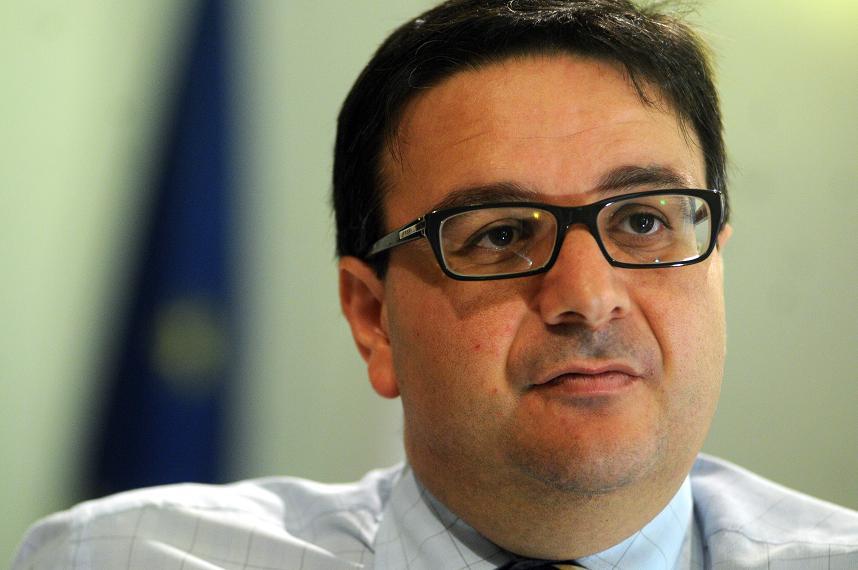
(Tonio Fenech)
Not the one who gave gifts to politicians
Following his latest interrogation, Mr Farrugia was put on police bail – a decision which has baffled him and his lawyers. “In the context of all that I have explained, the fact that I am not accused of anything and the fact that I did not breach the pardon conditions, I cannot understand why I should be put on police bail.”
Turning to politicians, George Farrugia points out that it is rather strange that the Labour Party is out for his blood when the only person, in this scandal, known to have given gifts to politicians was his brother Raymond. Ray Farrugia had given former Finance Minister Tonio Fenech the infamous Arlogg tal-Lira. “Why are they not chasing Ray? It is as if he does not exist.”
He feels that the reason behind the pressure to get his pardon revoked is to get his brothers out of trouble. “If my pardon is revoked I would be charged in court. That would jeopardize the case against my brothers because it is stated by law that as co-accused I would not be able to testify against them. Also, the statements I have released to the police would not be admissible as evidence. The cases against them could possibly not even start. Similarly, they would not be able to testify against me, which would also jeopardise any case against me.”
Brothers to be arraigned later this month
George Farrugia says that “just after former Minister Manuel Mallia was dismissed from his ministerial position, the news broke that my brothers would be arraigned. It became necessary for some to escalate matters to get my pardon revoked because, suddenly, my brothers would be facing court action.” He also notes that his brothers are set to be arraigned later this month – two months after Police Commissioner Michael Cassar confirmed they would be charged.
He says that during the interrogations, the police never mentioned the possibility of his pardon being revoked and the impression he gets is that whoever wants that to happen will not succeed, even because there are no grounds for that to happen.
The big question is: if the pardon is indeed revoked, how would this happen and who would be the one taking that decision?
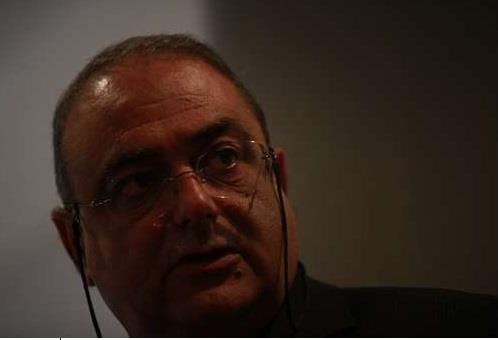
(Austin Gatt)
No politicians knew of corruption
George Farrugia says the emails and information being published by MaltaToday and the Labour media Sunday after Sunday are a coordinated effort by those who have an interest in leaking the story on the promise that they themselves would not get into trouble. Asked to specify, Mr Farrugia would not elaborate but said some of the information published was possibly obtained in an unlawful manner. “Why did they not publish everything at once? Are they withholding evidence?” he asks.
Asked if he agreed with Lawrence Gonzi’s assessment that there was no corruption at Enemalta after 2005, when the Oil Procurement Advisory Committee was established, Mr Farrugia said he had already told investigators and the Public Accounts Committee that Tancred Tabone kept chasing him for money until 2006 but says Trafigura won its post-2005 tenders because it was competitive.
He also insists that no politicians were involved in the oil scandal. “No one knew, in the political sphere, not Austin Gatt or anyone else.”
He confirmed that Trafigura still has assets and stored oil in Malta and that it would also be easy for someone to win oil procurement tenders and secretly obtain the product from the Dutch company.
Mr Farrugia also complained that it was not fair that, while he is shunned by everyone because of his reputation, some of those arraigned are still, indirectly or through relatives, dipping their fingers in the honey pot.